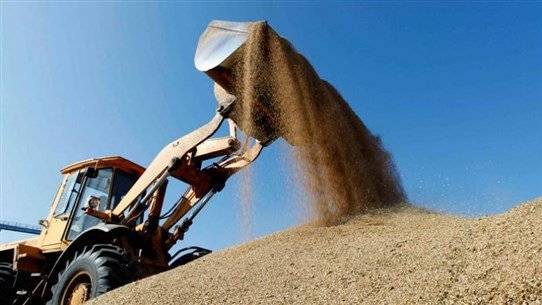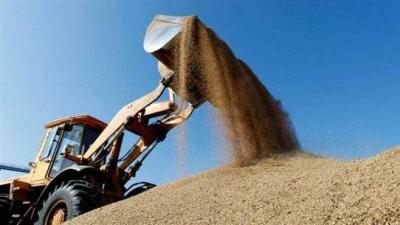In an unprecedented move for Lebanon, the Lebanese state has been forced to borrow to feed its citizens, securing a $150 million loan from the World Bank to purchase wheat and maintain the price of bread. Despite the severity of this crisis, the Minister of Economy views the borrowing from the World Bank to meet food needs as a "happy" news bringing reassurance.
Minister of Economy Amin Salam announced yesterday, after a cabinet meeting, that the World Bank agreed to grant Lebanon an emergency and concessional loan of $150 million aimed at "securing Lebanon's wheat needs, maintaining the price of bread, and rationalizing this sector to improve the management of wheat imports and distribution." He celebrated this by stating that "this is the first loan issued by the World Bank at such speed, especially after the Russian-Ukrainian crisis." The speed, he viewed as a source of happiness and security, but it actually signals concern about the course and management of the crisis.
According to development and poverty alleviation advisor Adib Ni'mah, borrowing to secure bread is a precedent not experienced in Lebanon's history, even throughout the civil war. He emphasizes that this places Lebanon among failed states incapable of providing sustenance for their people. He warns that the same mentality that led to this downfall is still prevalent, questioning how one could justify borrowing again after declaring a default in March 2020. It's unusual for the World Bank to lend in such cases, except in very exceptional circumstances.
Such a scenario could have been avoided had the crisis been managed differently over the past two and a half years, a point clearly made by the UN Special Rapporteur Olivier De Schutter, during the 50th session of the Human Rights Council. He explicitly indicated that the impoverishment of the population occurred through "artificial" means, holding the political leadership broadly accountable along with Lebanon's central bank and commercial banks. An expert familiar with Lebanon's relationship with the World Bank notes that when inquiring about the bank's persistent lending to Lebanon rather than providing grants, they would be informed that Lebanon is not among the poorest countries eligible for grants, even though the country's income now resembles that of the poorest sub-Saharan African nations.
Economic pressures are expected to intensify after the parliamentary elections, with one expert observing that "borrowing is the easiest and quickest solution for officials, despite the availability of several alternative solutions that would impose little cost on the state." He suggests reaching out to friendly nations ready to help, such as Russia, from which Lebanon imports over 80% of its wheat needs, possibly through local currencies or barter, as was done with Iraq regarding fuel. However, current international conditions and political constraints may have driven the decision to borrow from the World Bank.
In this context, Ni'mah fears that borrowing from the World Bank may pave the way for further borrowing in the future, leading to a new cycle of debt and draining domestic resources until the state is forced to sell its assets. He stresses that "economic pressures will increase after the parliamentary elections if a budget is approved and an economic revival plan is adopted, along with the anticipated rise in service prices and fees."
Rida Suwayya - Al-Akhbar




